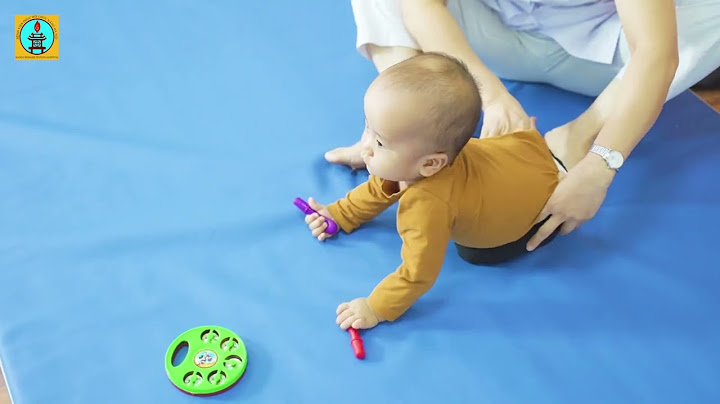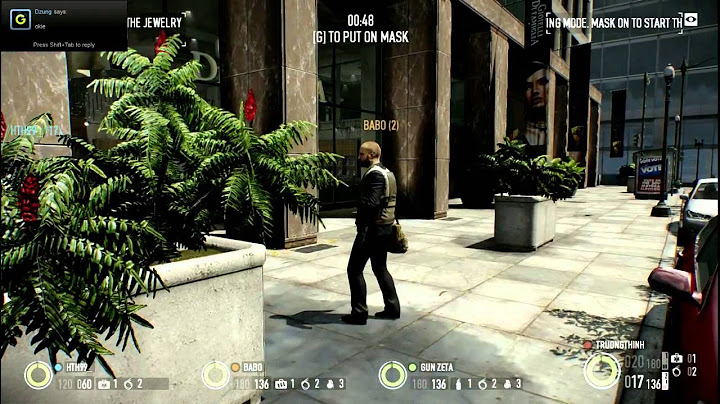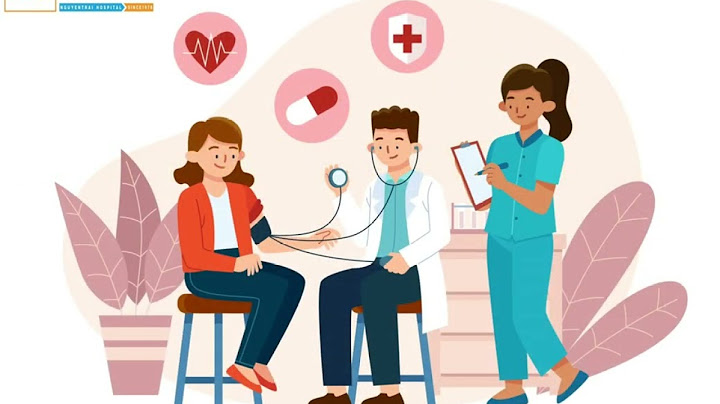Thủ Thuật Hướng dẫn Cách làm ảo thuật biến ra lá bài Mới Nhất Họ tên bố (mẹ) đang tìm kiếm từ khóa… Mẹo Chuyển đổi CSV thành tệp văn bản được phân tách bằng đường ống PythonMẹo Hướng dẫn Chuyển đổi CSV thành tệp văn bản được phân tách bằng đường ống Python Mới Nhất Dương… Mẹo What are the four marketing terms?Kinh Nghiệm về What are the four marketing terms? Mới Nhất Lê Minh Châu đang tìm kiếm từ khóa What… Mẹo What are the four marketing terms?Thủ Thuật Hướng dẫn What are the four marketing terms? Mới Nhất Bùi Ngọc Phương Anh đang tìm kiếm … Checking your browser before accessing vqezp312nov43.xn----8sbap6ches.xn--p1ai.This process is automatic. Your browser will redirect to your requested content shortly. Please allow up to 3 seconds... Bad Bot protection by AntiBot.Cloud Your IP: 168.138.10.127 Should kids attend funerals? It is a question we have heard more times than we can count and our guess is you probably have to. Like with so many things in grief, the answer isn’t always black and white. We were really excited to work with the Funeral Service Foundation in 2017 to create resources that would assist directors and families as they navigate this question. Today we want to highlight some of the tips we think are most important for funeral directors when this question arises, based on what we have heard from hundreds of children and families. - 1. First and foremost, YES – know and feel confident that it is absolutely appropriate for kids to attend funerals! This doesn’t mean every child will (more on that) but it is important you know and reassure families that research has shown time and again that it is important to be open and honest with kids about death (speaking to their appropriate developmental stage, of course!) and allow them to decide whether they want to attend.
- Help kids with making the decision by giving them information. Children, even young children, should be encouraged to understand what a funeral is and to decide if they would like to attend. You can help them understand what to expect and answer questions to help them as they make the decision. This includes talking to them about what they might see and hear. It also includes talking to them about the emotions and feelings they or the other people in attendance might have.
- Don’t use euphemisms. I know, you have probably heard this before, but we can’t stress it enough. It is important that you also share with families that it is most helpful for them to be direct and that euphemism can be confusing for children.
- Know your resources. There are resources that can help you and help families in this process. Make sure you know what exists and make use of it. Some of our favorites include:
- Youth and Funerals ebook by the Funeral Service Foundation
- Youth and Funerals video by the Funeral Service Foundation
- What About the Kids? Understanding Their Needs in Funeral Planning & Services by the Dougy Center
- Make sure kids have a buddy. Even children who decide they want to attend the funeral might have a hard time, need a break, or want to leave (just like the grown-ups!). It can be helpful to make sure kids know they have an adult “assigned” to be with them to provide support, answer questions, and leave if needed. It is important this person know that the child is their priority, so they have to be prepared to step aware or leave at a moment’s notice.
- Involve the kids in whatever ways they are comfortable. Ask them if they have ideas about what should be included in the funeral services. They may want to draw pictures, help compile photographs or slideshows, help with flowers, give input on readings, select a prayer card or anything else you can think of.
- Warn them, they may get mixed messages. Adults say all sorts of things to kids about death and at a funeral, they may hear many messages from many different people. From using all those euphemisms (grandma is sleeping or grandma is in a ‘better place’) to hearing messages to ‘be brave’ mixed with other messages that it is ‘okay to cry’, kids may feel confused. Explain why different adults may tell them different things, and reinforce what you want them to remember (what death is, that it is ok to cry, that nothing is their fault, they will be safe and protected, etc)
- Normalize feelings. Kids may experience a wide range of feelings during (and after) the funeral. It is important kids to know it is okay to have, show, and talk about all of their feelings. It is also important to prepare them for the emotions they may see in other people.
- Support kids who decide not to attend. If a child decides not to attend, you may suggest that they could do something private at home as their own memorial. Also, remind the family that the child may be curious later or regret not attending, so if they are open to video (or even just audio) of the service, this might be something the child would wish to see later. And even if the child never wants to see it, no harm is done. Also, family members who were there might want it – funerals can be a blur, after all!
- Follow up after the funeral. Check in to see if the child has any questions. Ask them if they want to talk about their feelings, thoughts, or experiences. Even if you’re not the best person to talk with you, you can help them get connected if needed.
 - Talking to Kids About Death: 1- Comprehensive Tips
- Should Children Attend Funerals?
- 10 Helpful Tips for Talking with Children about the Drug-Related Death of a Loved One
- How to Talk with Kids about Suicide.
If you have tips that work well for supporting kids in your funeral home, leave a comment! And of course, subscribe so you can get new and helpful posts right to your inbox. | 























